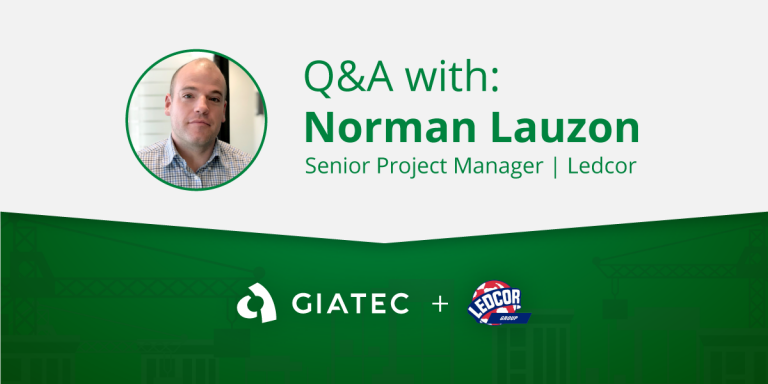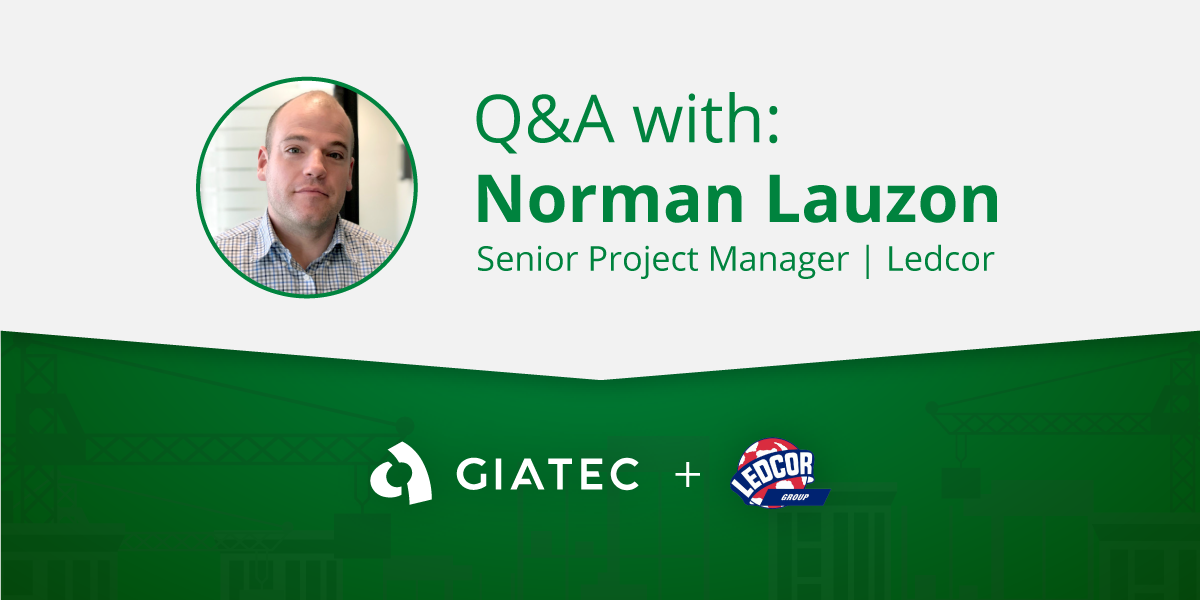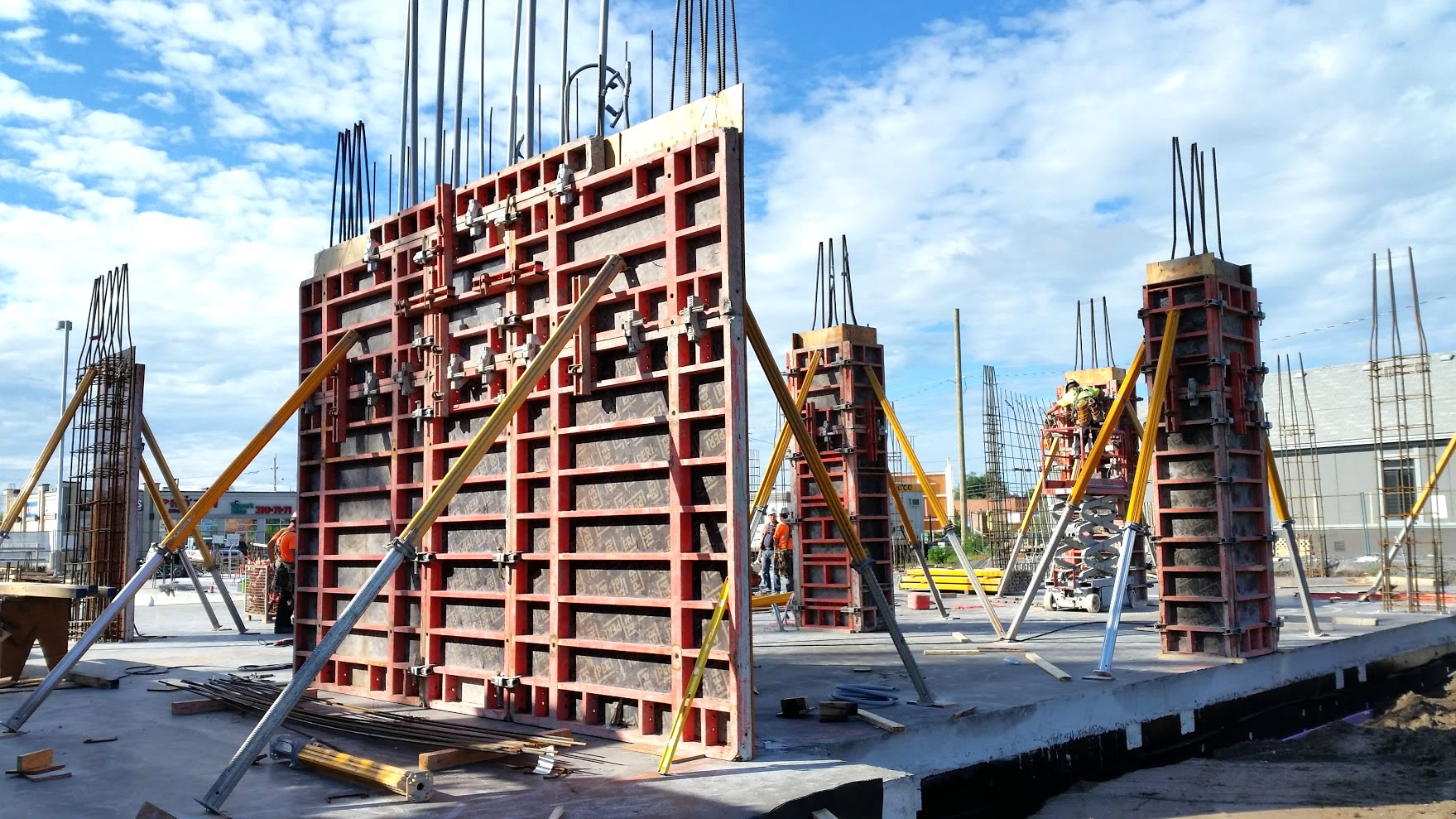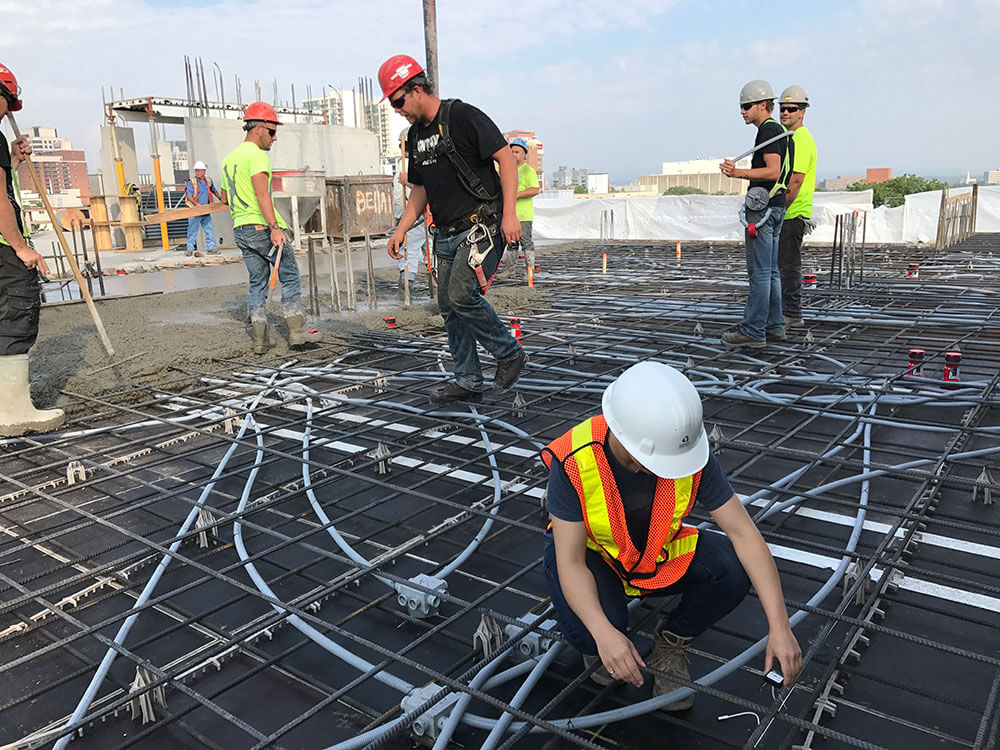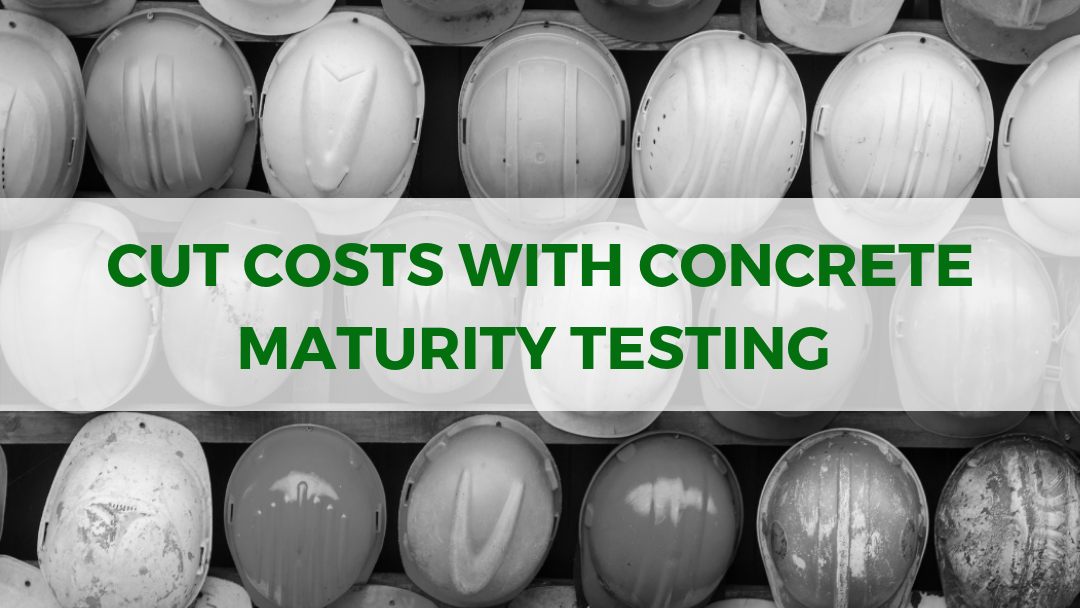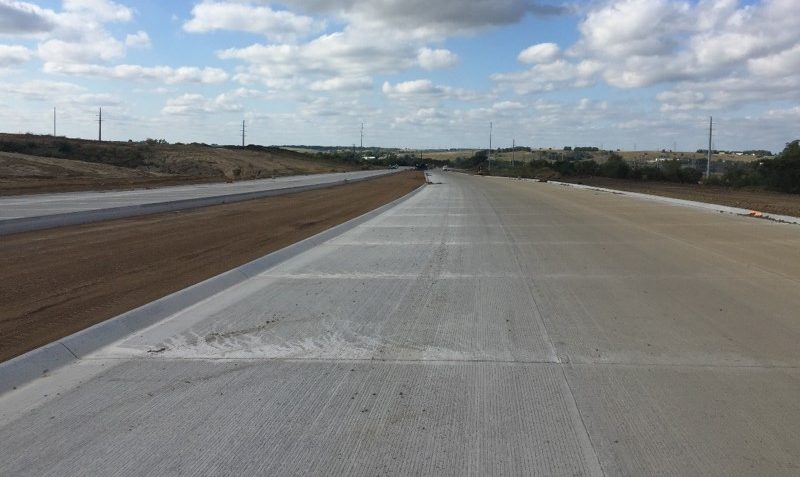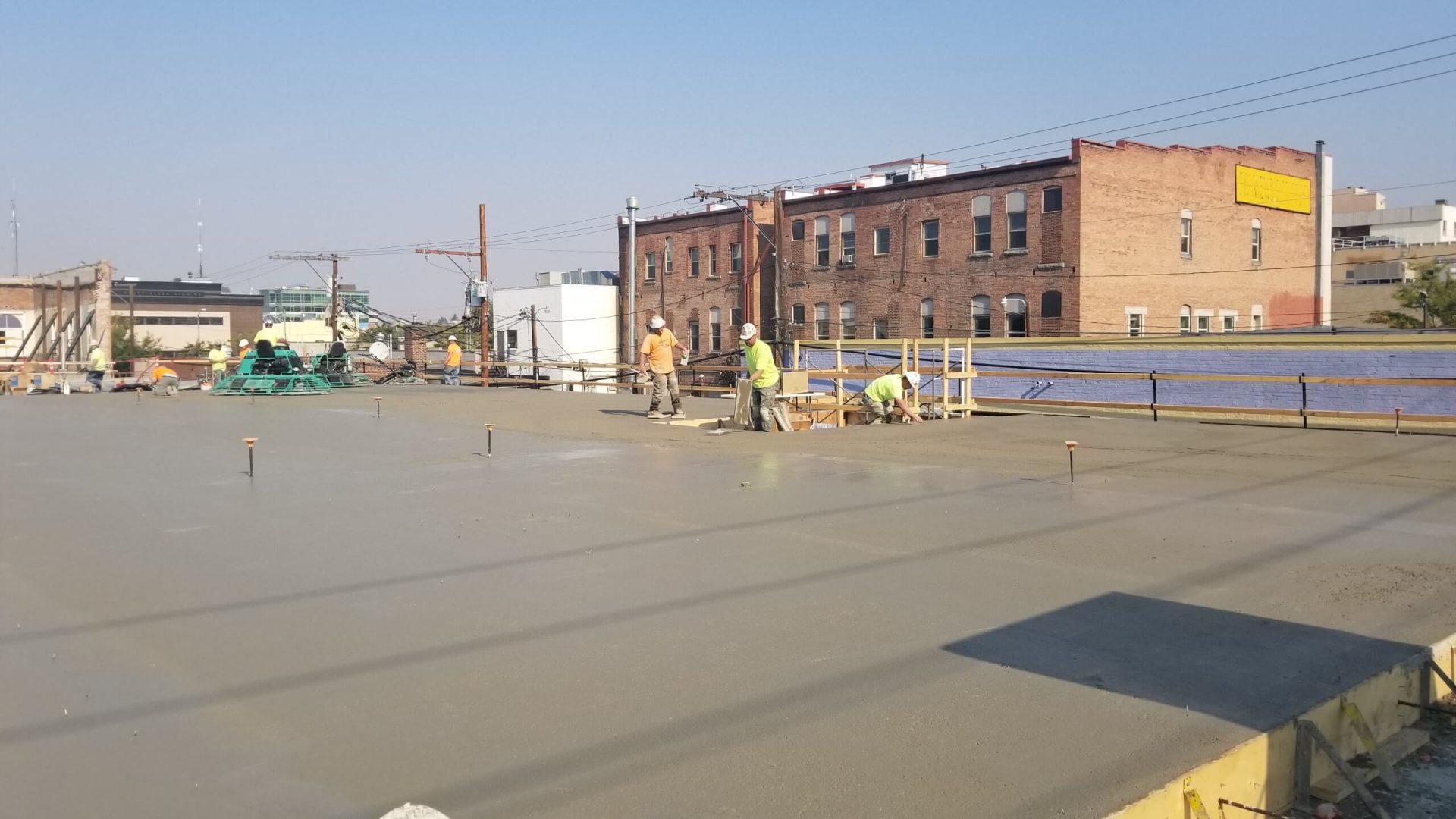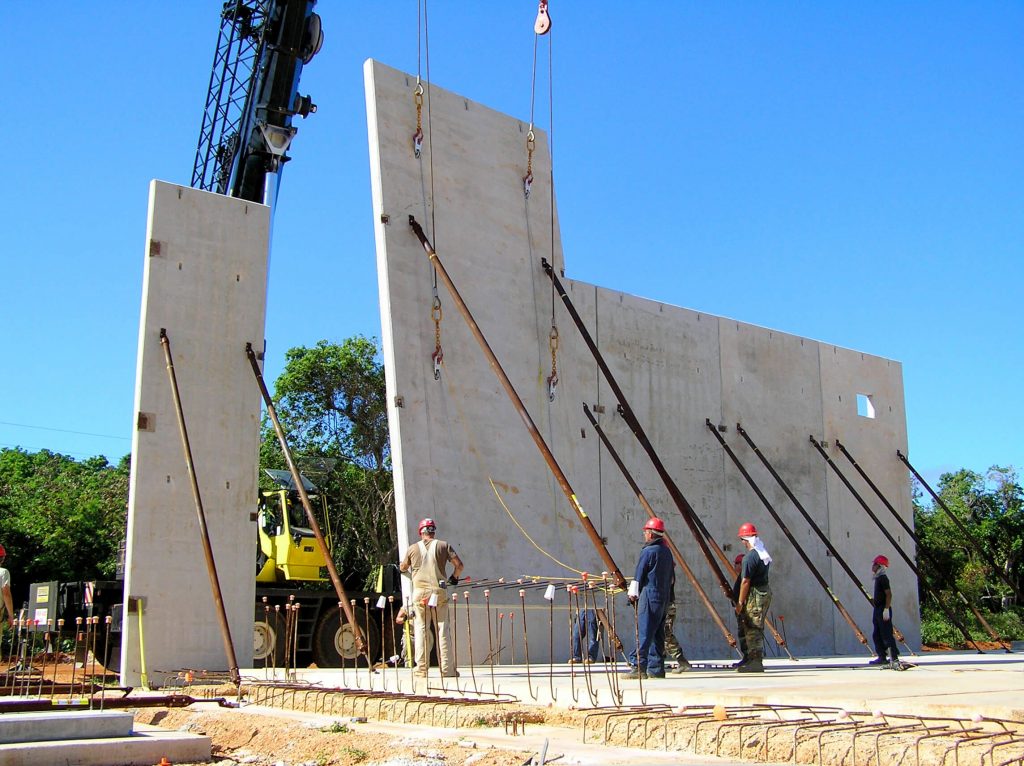Norman Lauzon is the Senior Project Manager at Ledcor, a successful and diversified construction company that partners with projects across North America. Norman has more than seventeen years of experience in the construction industry and has managed the development of hospitals, airports, light rail transit, and a variety of other projects. Currently, he is working on the Zibi project: a 34-acre, multi-building waterfront community.
Explore 12 Futuristic Technology Trends Solving Concrete's Biggest Challenges.
Recently, our Co-Founder, President, and CTO Aali R. Alizadeh had the opportunity to ask Norman his thoughts about working on the jobsite. Throughout his career, Norman has been able to observe the impact of new technology in the construction industry, and how his teams have adapted to it. Many of our team members were present for the discussion, which allowed our various departments to further understand the needs of our partners. We hope you find Norman’s answers as useful as we did!
Q: To start, can you tell us about the project you are currently working on and when it is scheduled to be completed?
A: Right now, I am managing block 211 on the Zibi project. It will be mixed-use because of the ground floor retail, but it’s mainly going to be federal government office space. So, for the developers and the ownership group, it’s a fairly high-profile job. As of right now, it is scheduled to be completed in November of 2021.
Q: We would really like to hear about some of your experiences and challenges on the jobsite. Can you share with us, what are your top priorities on your mind when you go to the field?
A: Safety is the top priority. Quality assurance, maintaining the schedule, and keeping costs low are also high priority items.
Q: Field cured cylinders are a common method to test concrete, but sometimes they can bring challenges. Can you share some of those with us?
A: The first one is when you pour your cylinders, sometimes you see people putting them in the site office. If you’re working in February, but you have a cylinder that’s curing inside of an office, it doesn’t give you the true picture. That’s the first issue.
On the other side of the spectrum, if you cast the test cylinders that you took from a pour of, say, a massive 200- cubic meter wall pour, and the wall is one meter thick, how representative is that cylinder? So, representativity of the sample can be a challenge.
Learn about how to avoid the challenges of concrete cylinder tests here
Q: Next, I would like to ask about your experiences with SmartRock®. From your perspective, what is the main value of the SmartRock wireless sensors?
A: To me, the sensors are not only valuable for measuring strength but also temperature. Even in February in Canada, for example, there is such a thing as heating too much.
Q: What is the impact of having access to real-time data for you, and how does SmartRock impact your top priorities on-site?
A: The sensors definitely help with scheduling, in the sense that you can get the data real-time. If you have structural parameters for example, you can’t strip a suspended slab until it has 75% strength. Well, if I can monitor the data by the hour and know exactly when to start stripping, that can save quite a bit of time.
Q: What would be the main reason other project managers or superintendents might want to start using wireless concrete sensors?
A: I would say two big reasons that come to mind are the real-time nature of the data and eliminating the test cylinders. They reduce the human factor in break tests and the related coordination process.
Concrete maturity sensors are being used all over the world to eliminate delays and cut costs. Simple to implement and highly reliable, SmartRock is an ASTM method that is more accurate than field-cured cylinders and is trusted in over 6,200 jobsites across 80 countries!
Thank you, Norman for your unique insights as a Senior Project Manager! We wish you luck on your current and future projects.

